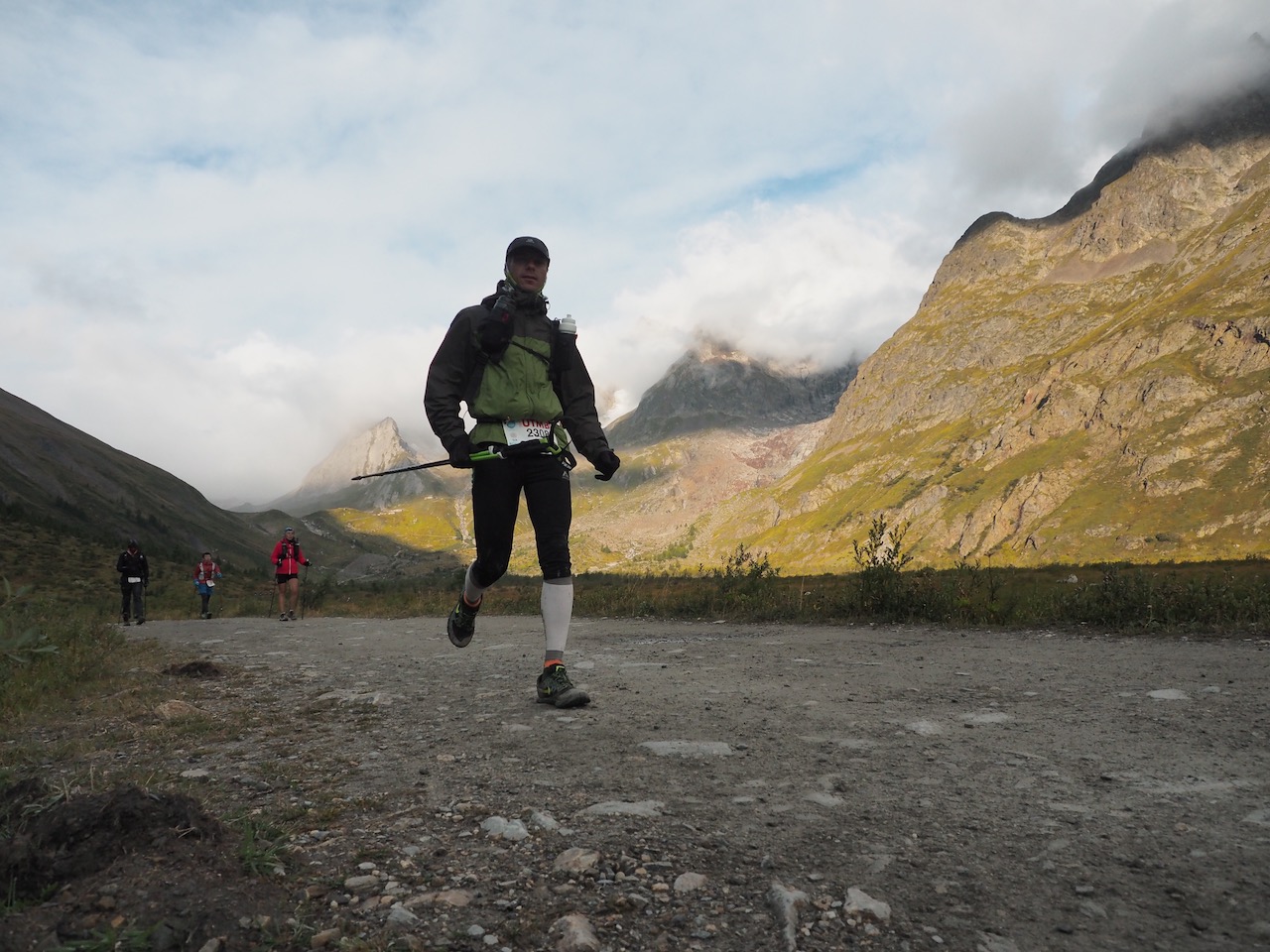Sometimes, all we need to get through the day’s work is coffee. Can caffeine also help an ultrarunner stay the course when fatigue kicks in?
Caffeine and performance
For the vast majority of people, caffeine has a stimulating effect. This temporary energy boost that we may feel correlates with improved alertness and concentration.
The effects of caffeine on athletic performance has been studied for years. Research shows that it can allow for a longer effort, whether in short, high-intensity events or in endurance events of over 90 minutes.
The right quantity for the right effect
The stimulating effect of caffeine has been documented for doses of approximately 1 milligram per 1 kilogram of body weight. Granted, a larger dose than that isn’t always linked to a greater effect, and a plateau seems to be reached pretty quickly. For sport activities, the recommended consumption is 1-3 milligrams per kilogram of body weight, or 70-200 milligrams for a medium-sized person.
The larger the dose, the higher the risk of adverse effects. High consumption of caffeine can cause increased heart rate, heart palpitations, and gastrointestinal distress, which can be annoying during a race!
Although this is still under debate, some studies have concluded that runners who are used to consuming caffeine do not feel as uplifting the effects of its consumption in a race in comparison to those who may not regularly consume caffeine but choose to do so during a race. This explains why some runners choose to do without caffeine a few days before an event. Unfortunately, caffeine addicts are exposed to the side effects of withdrawal, such as headaches, irritability or fatigue, which can undermine their final preparation for an event.
If you are considering decreasing your caffeine consumption in order to maximize its effects at a given time, it is better to do it gradually, over several weeks. However, if you are, for example, running an ultramarathon and can’t do without your daily coffee, bear in mind that the effects of caffeine on your concentration and alertness will most likely be beneficial anyway.

Where can caffeine be found?
Apart from coffee, cola drinks and caffeine tablets, many sports nutrition products contain caffeine. Here are a few examples of caffeine sources that ultrarunners use:
- GU – Energy Gel (per 1 regularly caffeineated gel): 35 milligrams
- Xact nutrition – Fruit 3 (1 bar): 50 mg
- CLIF – Bloks Energy Chews (3 cubes): 50 mg
- Cola drink (375 ml): 50 mg
- Caffeine tablets (100 mg): 100 mg
- Espresso (30 ml): 40 mg
- Drip coffee (250 ml): 180 mg
Before or during the race?
There is no consensus on which is the best time to consume caffeine during a race. Whether you take it all at once a few minutes before leaving the starting line, or hold it in reserve for when fatigue kicks in, or take it in at intervals, the effects should be beneficial or impactful to some degree. It is important to note that the effects of caffeine vary in nature and duration from one person to another. Before using caffeinated products for a race, it is recommended to test different strategies on long runs.
Also, remember that caffeine can affect your sleep! As tempting as it may be to use caffeine to optimize an evening training session, it’s not worth it if you can’t sleep properly in order to recover properly.
Translation : Valérie Bélanger
Jean-Philippe is a registered-dietician, member of the Professional Order of Dietitians of Quebec, and assistant professor at Laval University in Canada.
Must Read:
- Inflammation: prevention with food, not medication
- Is intermittent fasting useful for endurance athletes?
- Beware, alcohol affects fitness!


